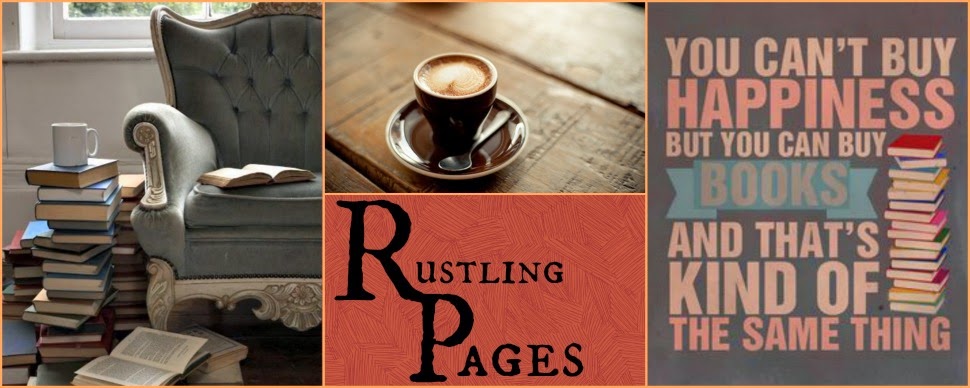But I am supposed to pick one aren't I?
OK! I pick the french revolution!You know, Tale of Two Cities, The Scarlet Pimpernel, and Les Misrables.
I can't pick a time period? Rats.
I pick Charles Dickens! Little Dorrit, Bleak House, ect...
I can't pick an author either can I?
Fine!
Great Expectations.
My sister Amy is what you call a Janite. She pities the people who think Austen is a city, her favorite hero is George Knightly and she wants of those shirts that say "I'm waiting for my
I sniff at the use of "Dickens" as an expression. The first time I cried while watching a movie was watching John Chivery propose to Amy{Dorrit}. My little sister calls me Handel.
I don't know if there is a word for a Dickens lover. So I'm making one up, I am a....
Pumblechookian
'cause that is a word Dicken's made up and he is awesome. In fact my sister says I should call him My Sweet Chuck {referencing my love of Robin Hood}. Please note the new page.
Why the Pumblechook book? What makes them special to me?
When I was younger Amy read Oliver Twist. Well being the annoying little sister i was i got out the shortened version from the library and read it. Then Amy found it on my bookshelf and told me that it wasn't the real thing.
Oh the disillusionment.
The next time I was smarter. Amy read Great Expectations. Of course I had to tag along. I picked it up and at the age of somewhere between eight and nine {I think} read about half of it. Yawn. It was boring. It was depressing. And it made me feel like being in a great open cold place that had no colors except gray and dusky smoldering red{I think and feel in colors and sense images, unlike Amy who thinks in letters and words, an enviable talent since she can spell and I can't. Rabbit trail.}. Back then I didn't like red. Gray is the color you get when you rub hope out. Needless to say I hated Great Expectations.
So I started reading Shakespeare instead. After all I had to have something big girl and mature. BTW I'm now a big Shakespeare fan.
Then in 8th grade I discovered that I loved to learn. That school was fun! I begged Mom to let me read David Copperfield for school. I yearned for something thick to set my teeth into, to gobble and chew. A book I could slurp in great thick creamy gulps. A book colored rich brown and impressive shine-black. I adored David Copperfield. Steerforth broke my heart, I fell in love with Ham, I beat my fists over Davie's misfortunes, wriggled with delight over Tommy Traddles, bit Mr. Murdstone with great relish and Davie's mother with mustard. I drew a picture of Agnes and shredded it. I wept over poor Dora, loved Emily, and learned how to do a perfect Uriah Heep imitation.
Then Amy and I watched Little Dorrit. I now knew that Dickens was something special. I read the book, then Bleak House. This year I took a deep breath and decided to retry Great Expectations. I expected to hate it.
And I didn't.
I loved it.
The gray was heartbreaking but I loved having my heartbroken. Miss Havisham had me in tears, Estella had me in tears, Pip had me in tears, Joe had me in tears. you get the picture. Every time I picked it up I speant the whole time with my hand pressed over my mouth trying to smother gasps of pleasure at the silver threads of imagery Dickens scattered in between the gray. Trying to smother tears when he picked up my heart a turned it in his hand along with the hearts of the characters. Trying to smother laughter when for half a minute the clouds broke and the Dicken's dry sunshine shone through in the form of wit.
The thing I loved about it was that I felt for all the characters. All of them. From Pumblechook, to Pip to Miss Havisham. The only one I would have scooted off the scene with a right good will was the avenger. That kid made me want to scream and tare things. Yet I loved the feeling. Great Expectations helped me understand the importance of purpose driven writing. Of having your characters{even your villains} twine themselves around the readers heartstrings.
It taught me that gray is good.
Remember. Gray is the color you get when hope is rubbed away. Gray is so that the hope shows up even brighter. That it tinges more welcome and more rosy. After all why did God allow sin? So that man should see his need of him. Why does a writer allow hopelessness into the book? Same reason. That the reader will see the need for hope.
Dickens is awesome.
